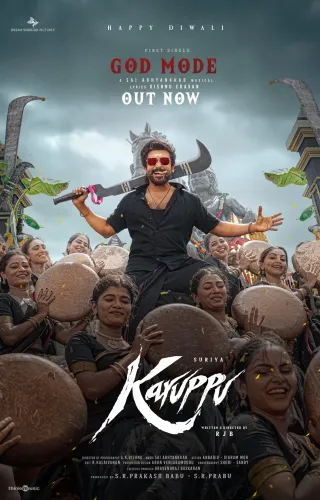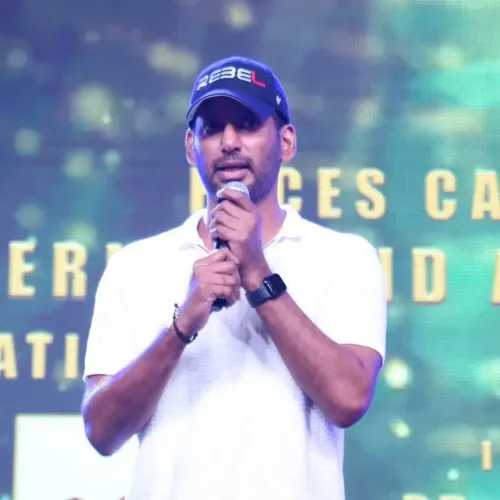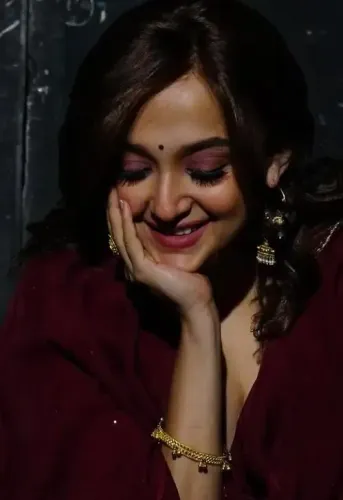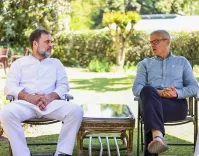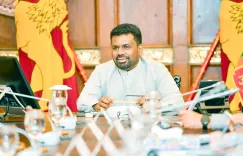What Did Annu Kapoor Say About the Hindi-Marathi Conflict?
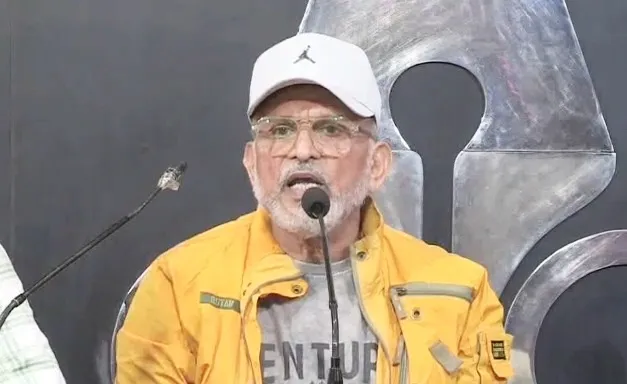
Synopsis
Key Takeaways
- Annu Kapoor condemns violence in the Hindi-Marathi conflict.
- Respecting local culture and language is crucial for newcomers.
- The Maharashtra government has reversed its decision on Hindi education.
- Political motivations are driving the discourse around this conflict.
- Justice should be served through legal channels, not violence.
Mumbai, July 10 (NationPress) Actor Annu Kapoor, known for his role in the contentious film ‘Hamare Baarah’, has addressed the ongoing Hindi-Marathi conflict in Maharashtra.
During a media interaction in Chandigarh, he presented a measured perspective, asserting that while violence is unequivocally wrong and unconstitutional, it is also essential for newcomers to honor the local culture, as language serves as a cornerstone of that culture.
He remarked, “Justice delayed is justice denied. The most crucial aspect is that our nation exemplifies diversity. Religion, language, and community cannot be homogenized. I often express that we can unite under the Indian flag. Some perceive white, others saffron, and some green. Yet, we must regard our flag as a whole, as it signifies our future. We are a nation of diverse languages, and we can communicate in Hindustan.”
A new movement is gaining traction in Maharashtra, particularly in urban areas, following the state government's decision earlier this year to introduce Hindi as a compulsory third language in schools. This provision was incorporated into the School Curriculum Framework-2024 by the State Council of Educational Research and Training.
He emphasized that when individuals travel to cities like New York, Paris, London, or Milan, it is vital for them to speak the local language.
He stated, “However, if you lack proficiency and face violence for it, that is entirely unlawful. Those who resort to violence in the name of language, whether it be Raj Thackeray, Bal Thackeray, or anyone else, are violating the law and should face legal repercussions.”
He further suggested that this situation is politically motivated, with those involved having “achieved their goals” as the entire country is now discussing this issue.
“This is their intention. Politicians crave media attention and public discourse. This is not unique to them; politicians across India and globally seek the same,” he added.
He reiterated, “Certainly, violence is wrong and constitutes a criminal act. It is the responsibility of the law to punish the offenders. Justice delayed is justice denied. True justice lies in the courtroom.”
Reflecting on a previous incident, he recounted an event last year in Mumbai where his film faced backlash, leading to threats against him from the Muslim community. As a result, the Maharashtra government assigned him security, but once the situation was resolved, he requested to withdraw the security detail.
“Such extrajudicial actions must be condemned. Justice should be administered through our courts. Decisions are made in the courtroom, but true justice is not always rendered there,” he concluded.
In a recent development, the Maharashtra government has reversed its decision, and School Education Minister Dada Bhuse announced that Hindi will now be an optional subject, with Marathi and English prioritized.
This latest controversy has escalated due to violent actions taken by MNS workers against individuals in Mumbai and Pune who refuse to converse in Marathi.


